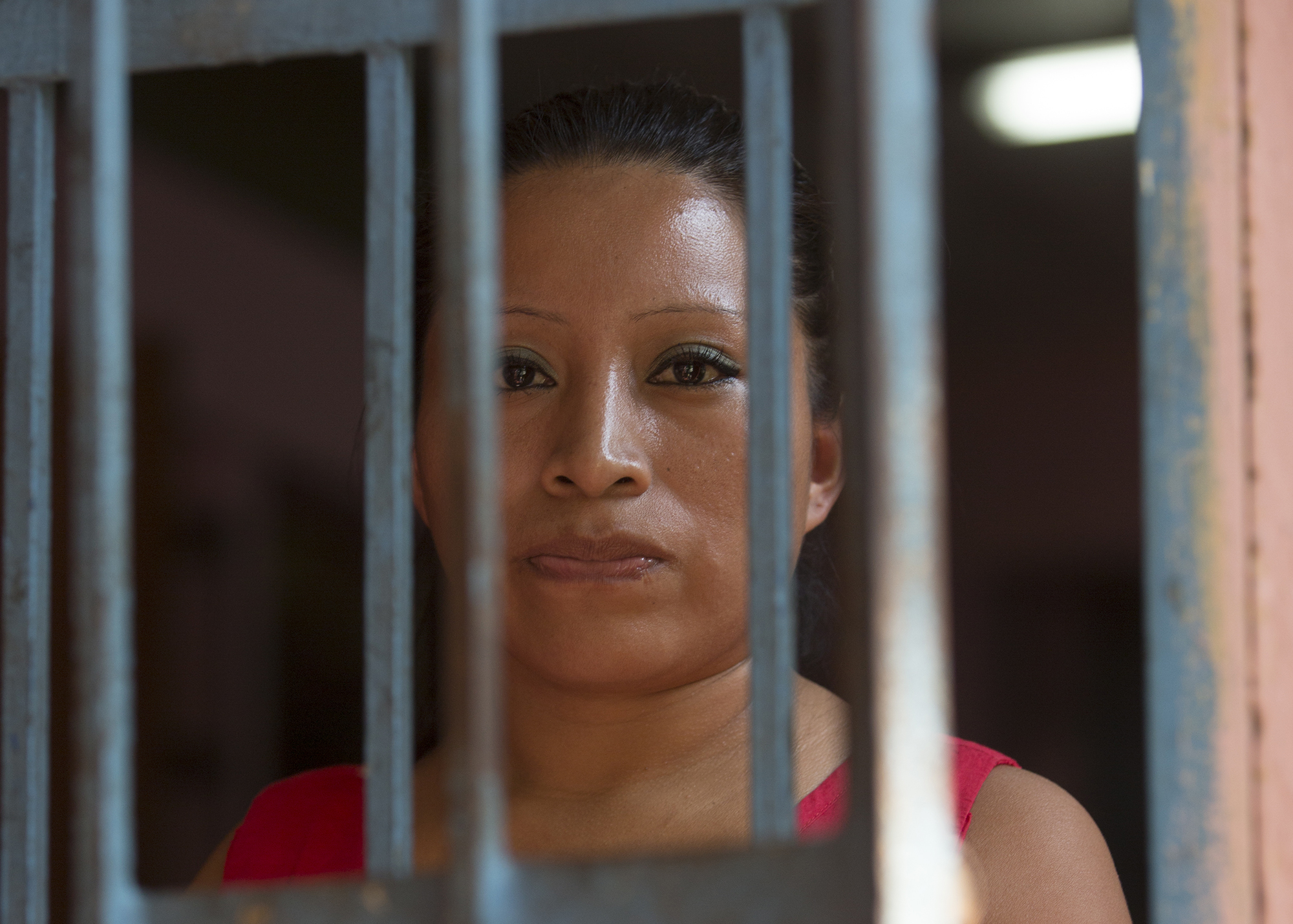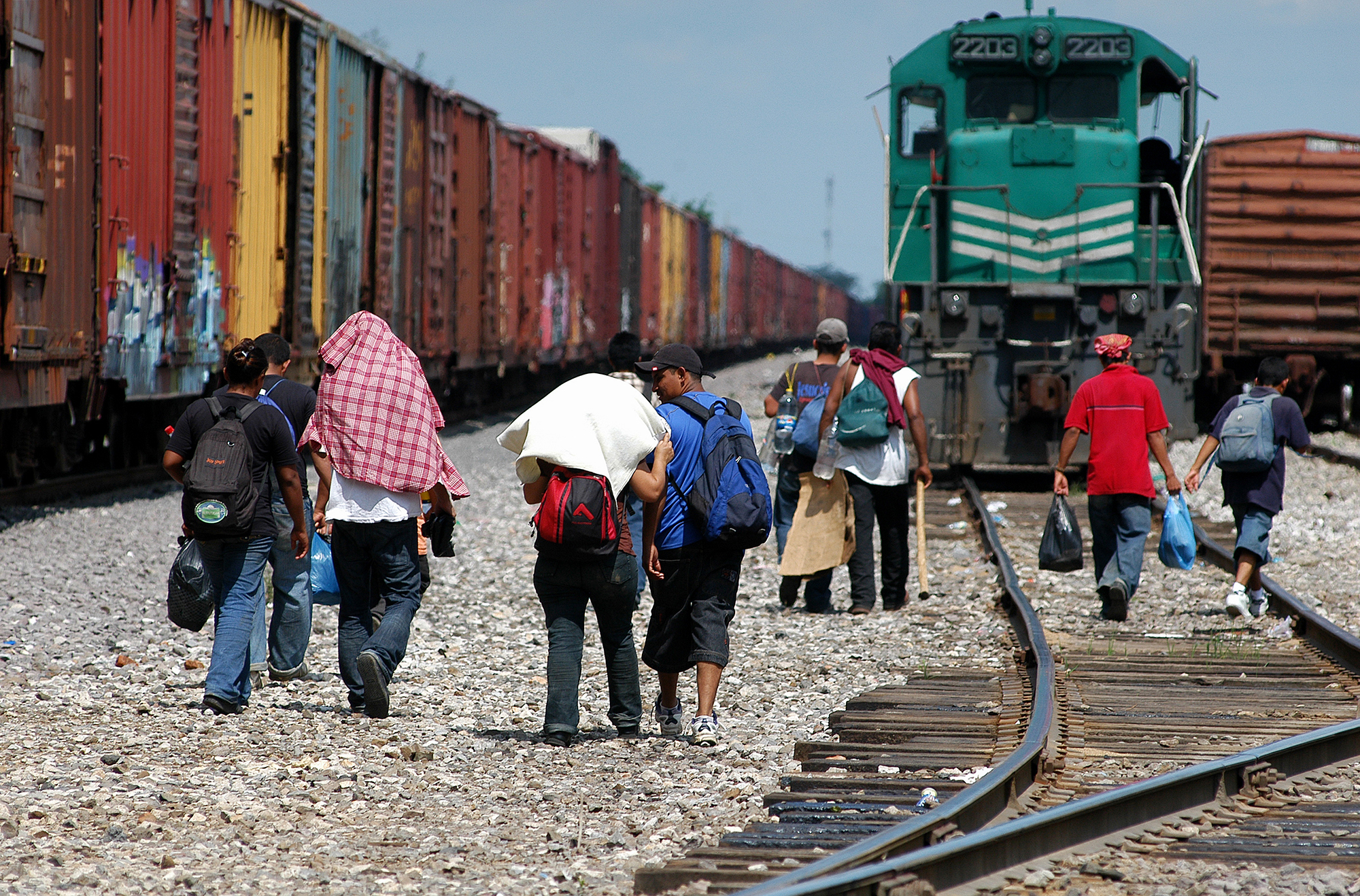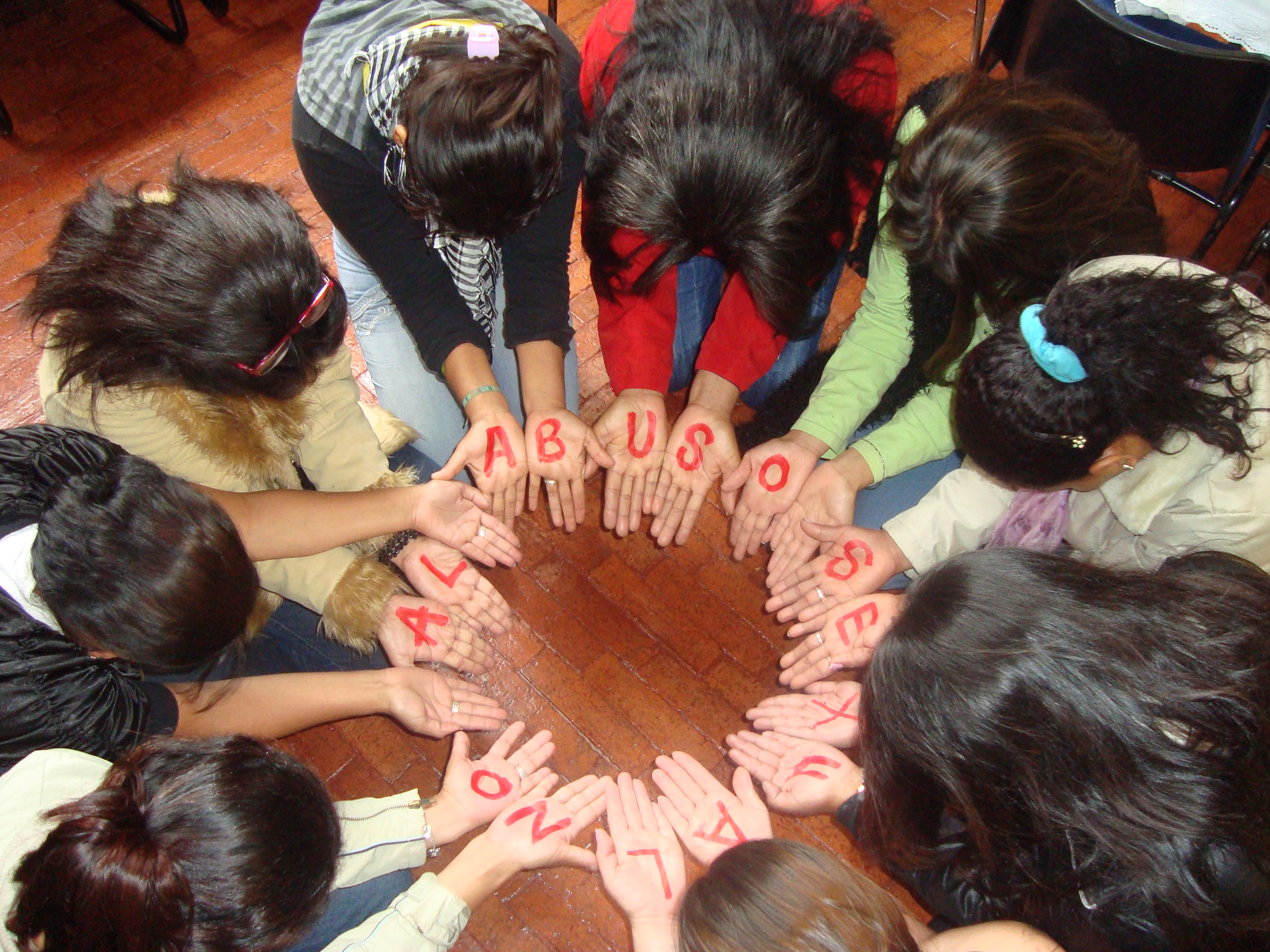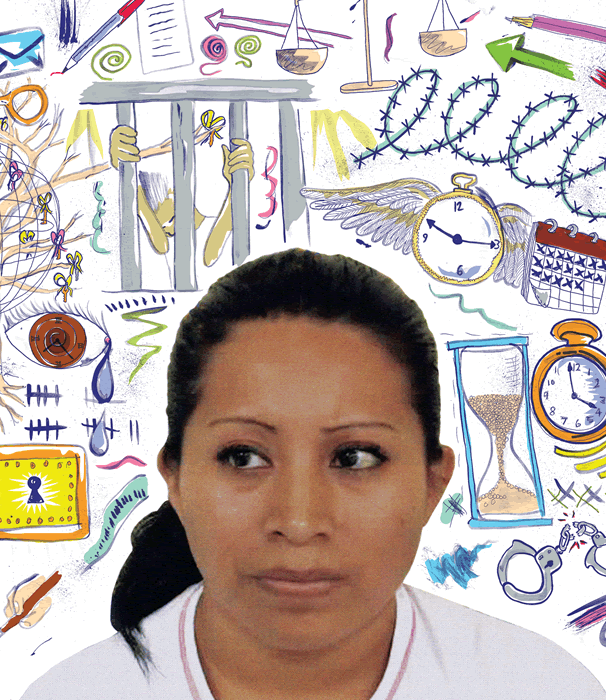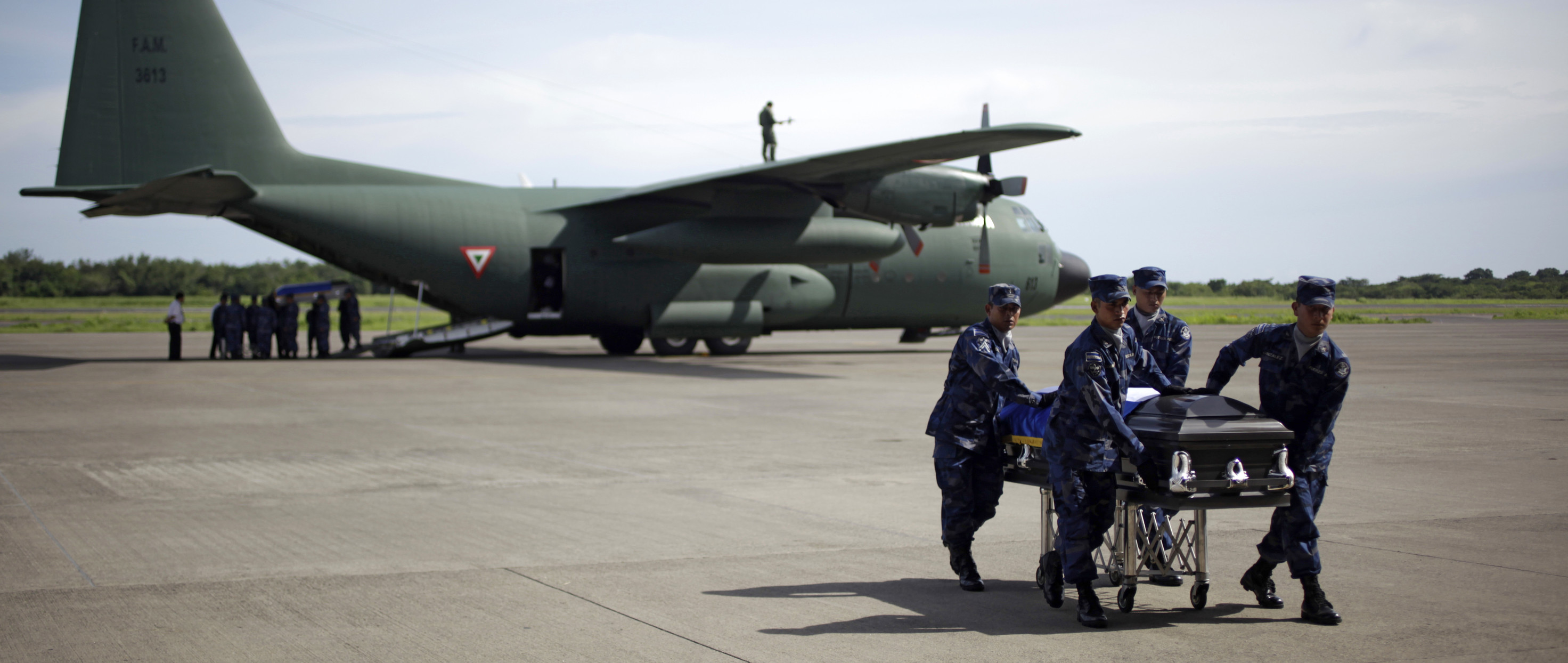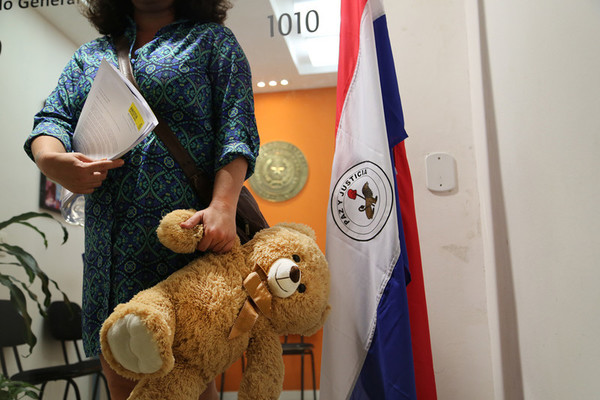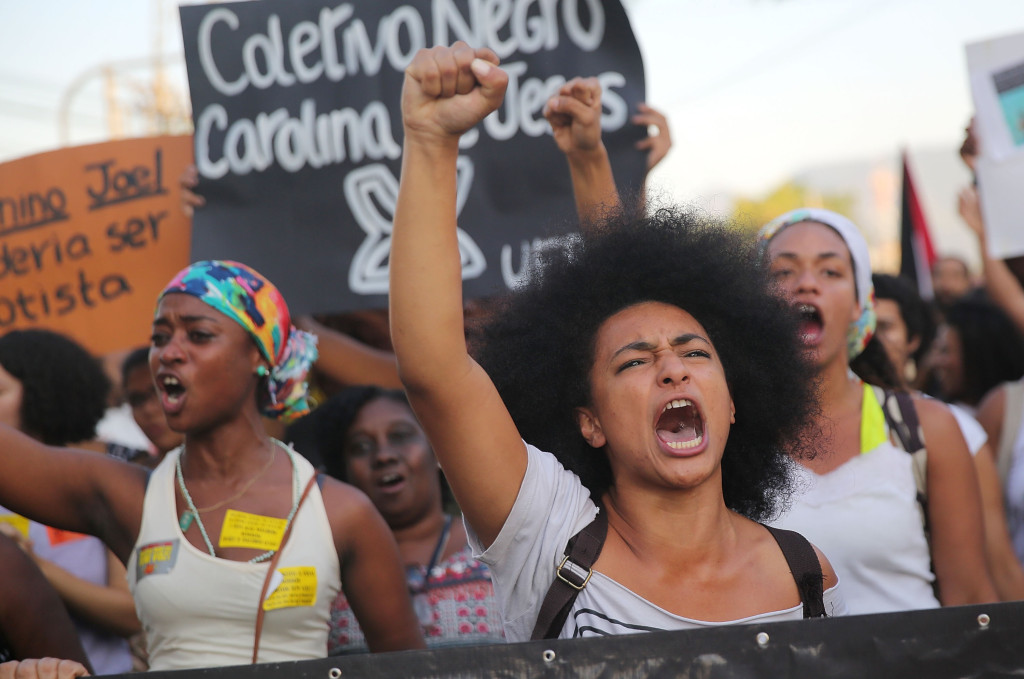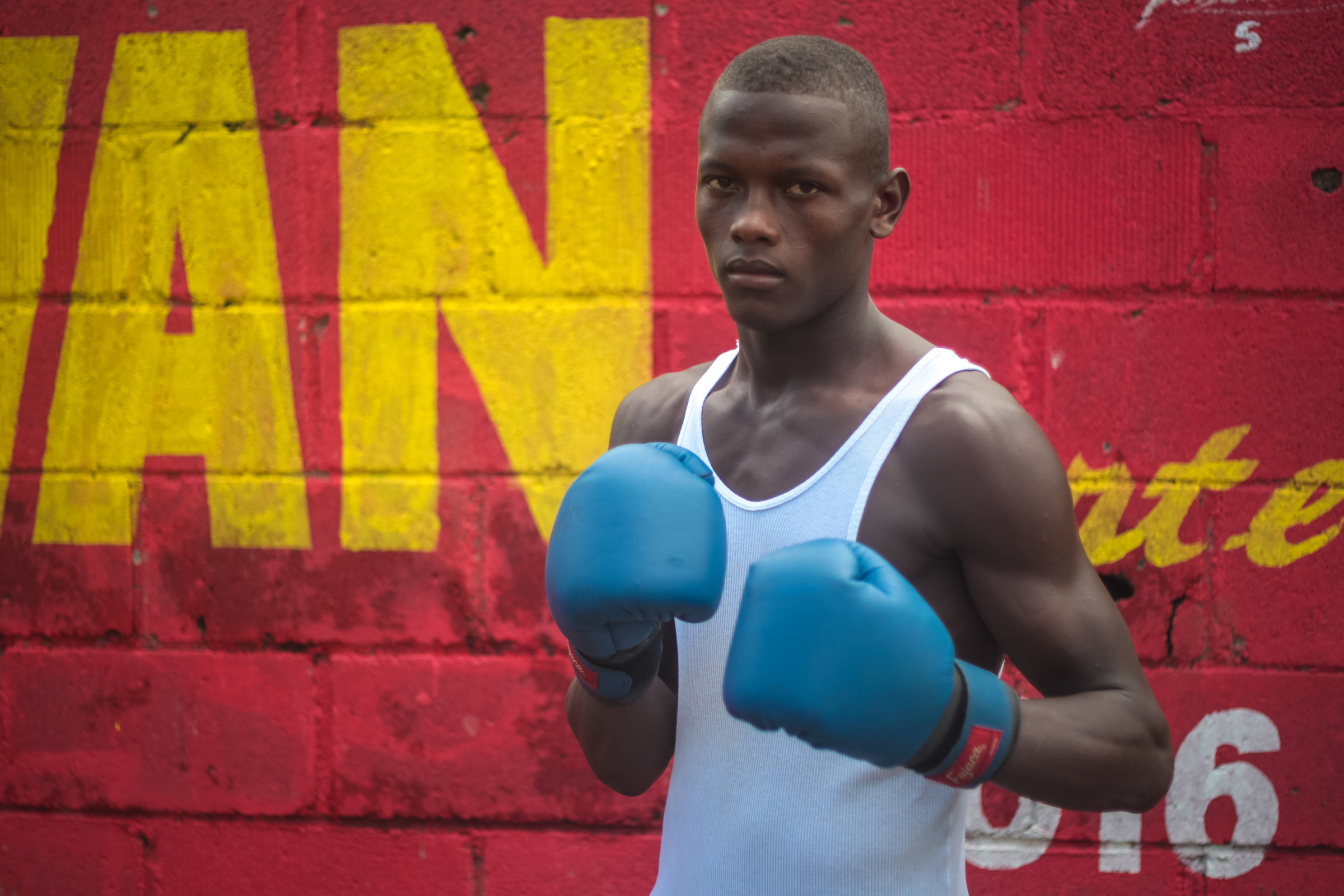
Adonis was born in the Dominican Republic in 1994 to Haitians parents. His birth was never registered because his parents lack of documents. This results in statelessness.
By Josefina Salomón, News Writer at Amnesty International
When Adonis Peguero Louis won the pre-selection test to join the Dominican Republic’s national boxing team, the young man’s future played before him.
As if watching a film, he saw himself headlining fights across the country, traveling to arenas in cities he had only visited through the small TV screen that rests in the corner of his crammed living room, coming face-to-face with his childhood heroes. He vividly imagined becoming a hero himself — the kind that starts life with empty pockets but then manages to save all those around him from poverty. SEE THE REST OF THIS POST
